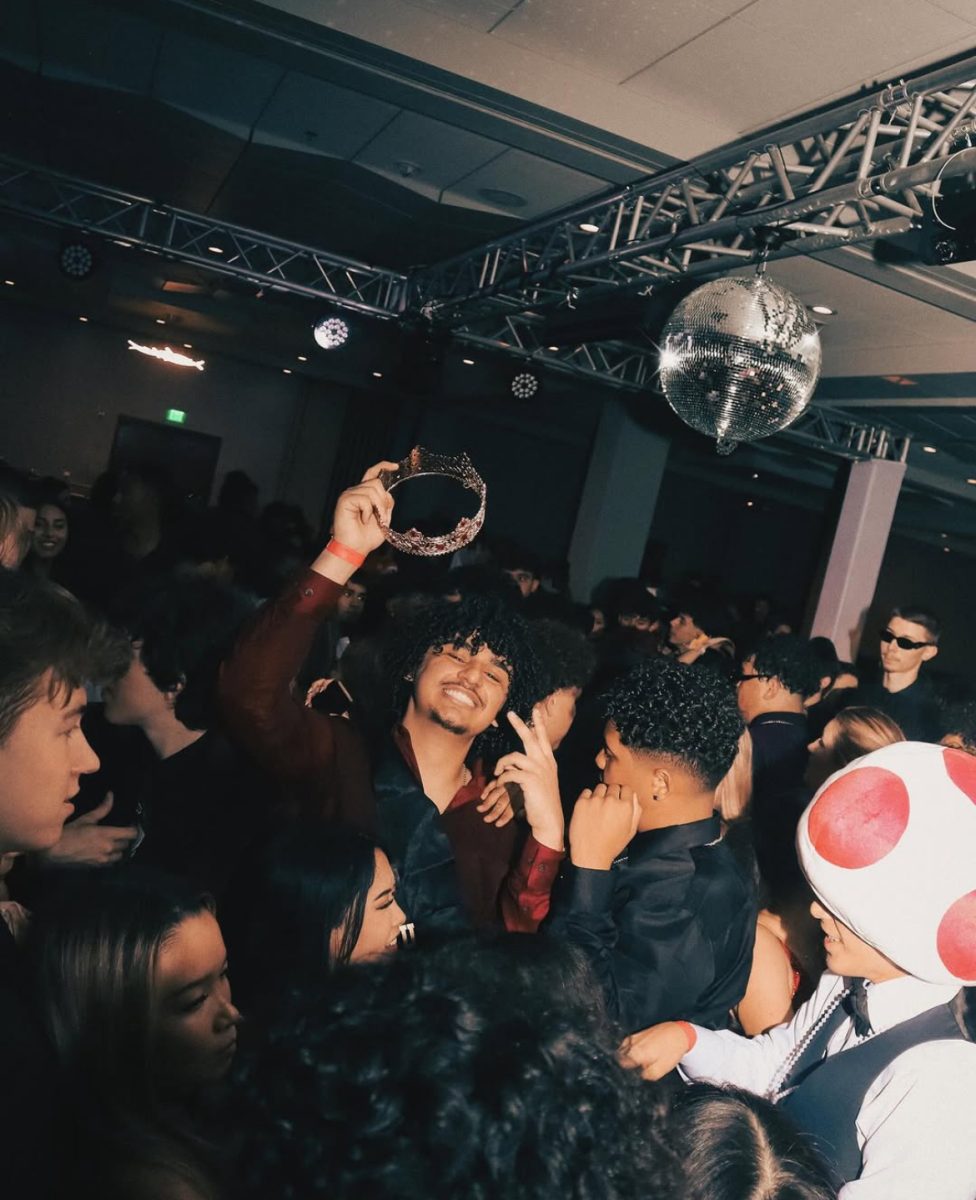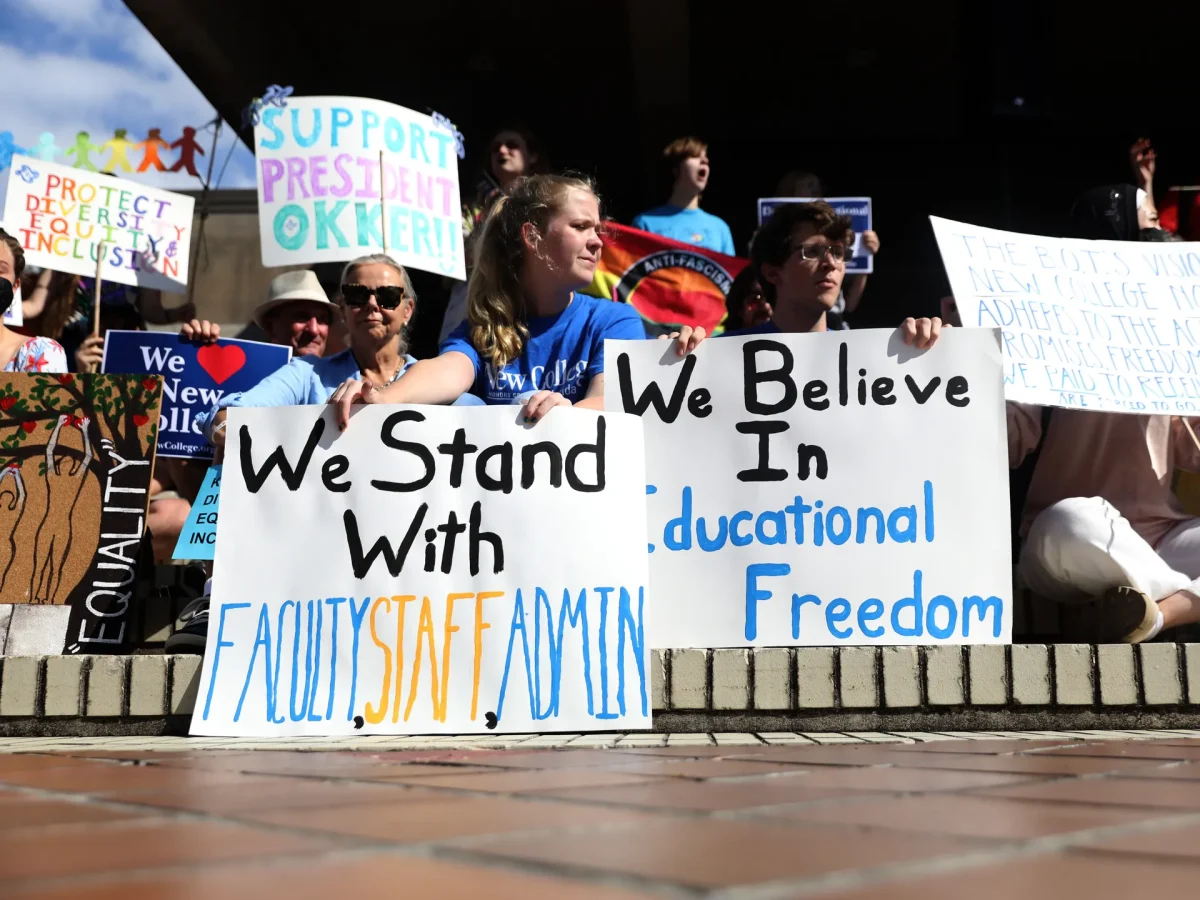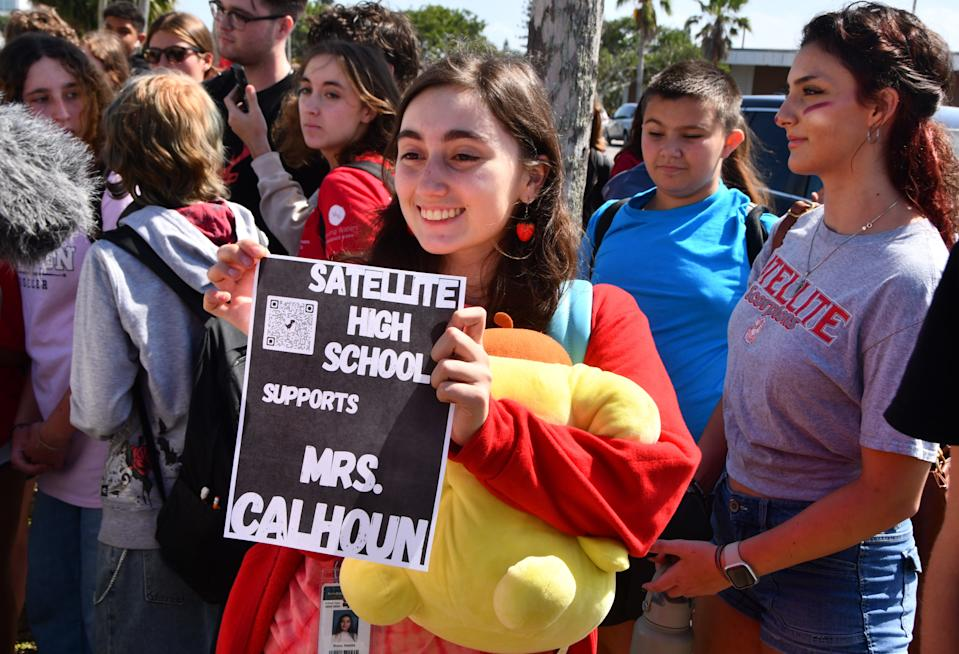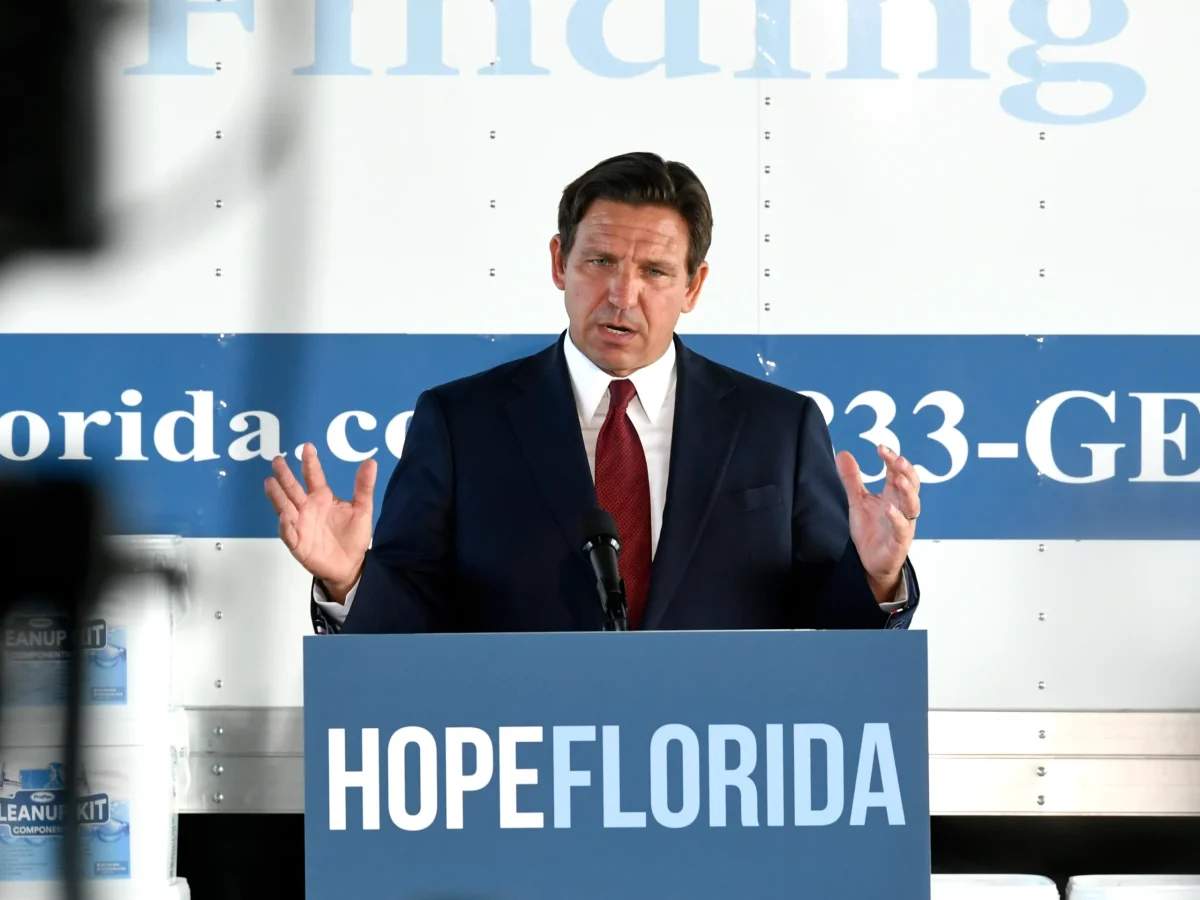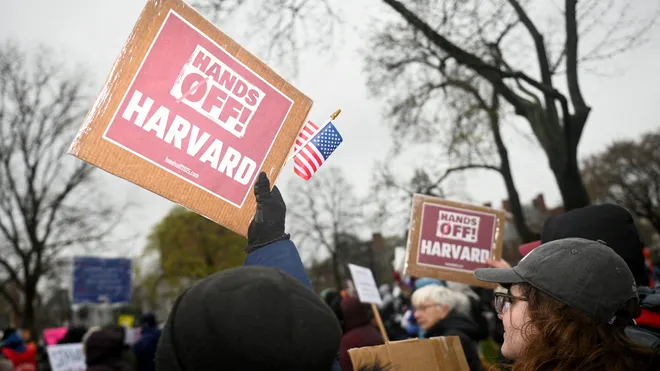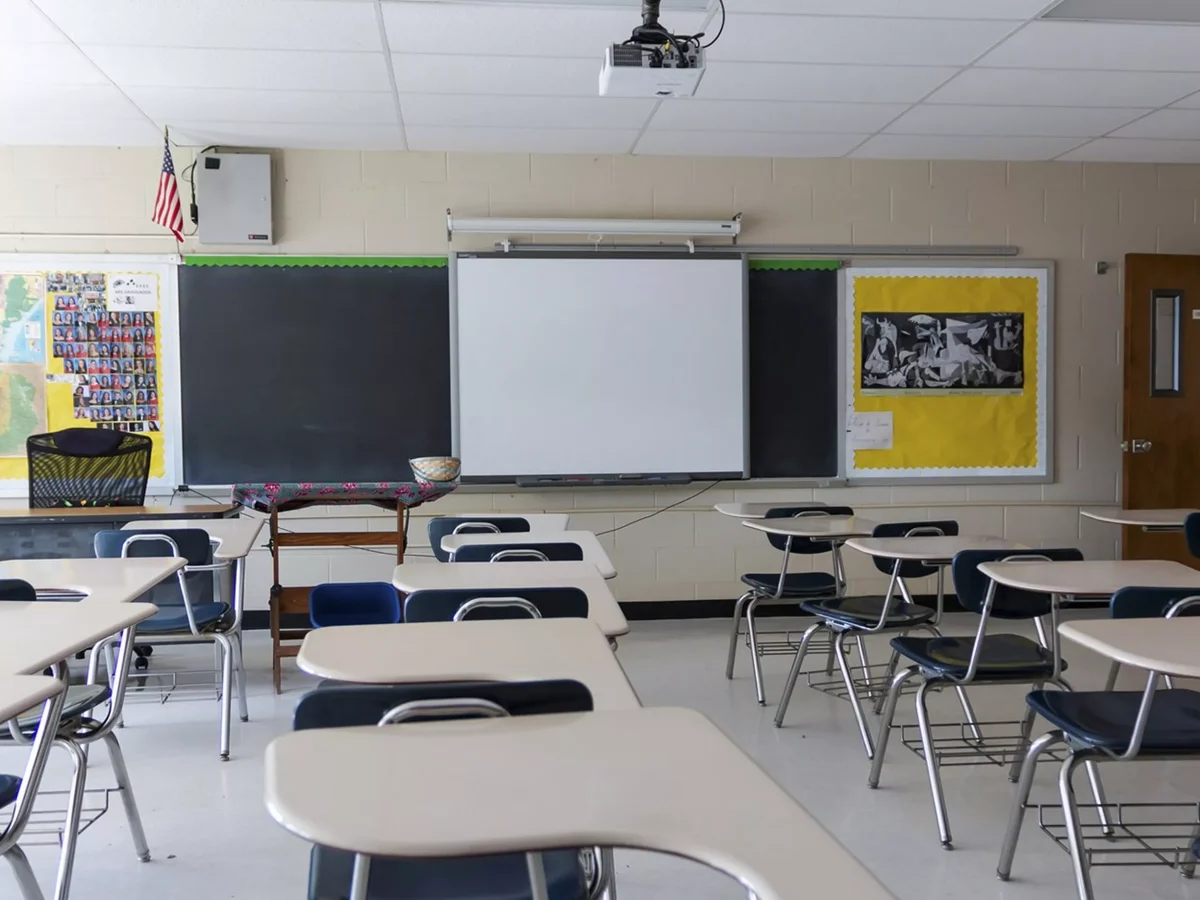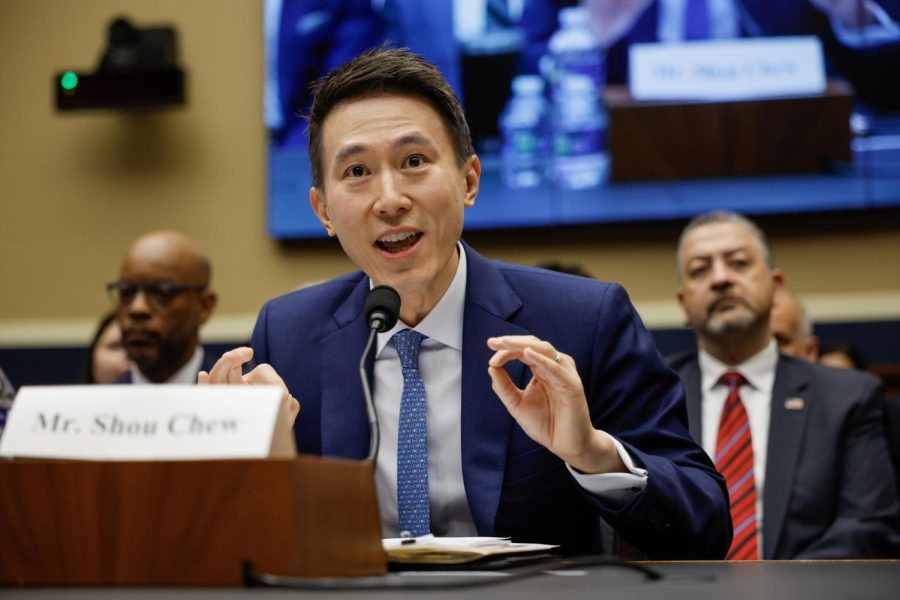The Clock is Ticking for Tik Tok
Tik Tok CEO Shou Chew testified to Congress about Tik Tok safety measures and concerns over national security.
April 10, 2023
In the most recent move in banning Tik Tok, public Florida universities are now banning Tik Tok from all school-operated devices and school wifi. This comes as a result of last month’s congressional meeting, in which Tik Tok’s CEO Shou Chew appeared before Congress, was held after two bills were proposed to ban the popular social media app.
Last year, Tik Tok was banned from all federal government owned and operated devices, as lawmakers are concerned that the Chinese government is collecting data from the app. 27 states have also followed by banning Tik Tok from state government devices, according to CBS. Because of this, steps have been taken by Governor Ron Desantis to ban Tik Tok in all Florida public state colleges, with FSU, UCF, and UF sending out information that Tik Tok is restricted on school WIFi and school-owned devices.
Efforts were made by Donald Trump in 2020 to get an American-based company to buy the app, which would make it less likely for security concerns to occur among lawmakers. However, in March 2023, the House Foreign Affairs Committee voted to approve a bill that would allow President Biden the authority to ban the app in the United States, according to the New York Times. While the Biden administration would like for ByteDance, the Chinese company that owns Tik Tok, to sell the app, it is also likely that the app could be banned altogether if that doesn’t happen
At last month’s congressional hearing with Tik Tok CEO Shou Chew, lawmakers questioned Tik Tok and its safety when it came to Chinese intelligence and children using the app. Chew repeatedly denied that Tik Tok shared user data with the Chinese Communist Party, and expressed their efforts to protect children using the app by blocking inappropriate content. It was evident that many lawmakers still remained unconvinced, with many deeming the app harmful and addictive to children and promoting dangerous behavior, according to Reuters.
Responses to the possible banning have been mixed. For the most part, young people in America have rallied together in support of the app. Many businesses rely on Tik Tok to promote themselves, and many influencers have found a way of living and a consistent salary. However, the concerns of lawmakers who are concerned about national safety and parents who are concerned about children’s safety have outweighed it all, as efforts to ban the app carry on.


